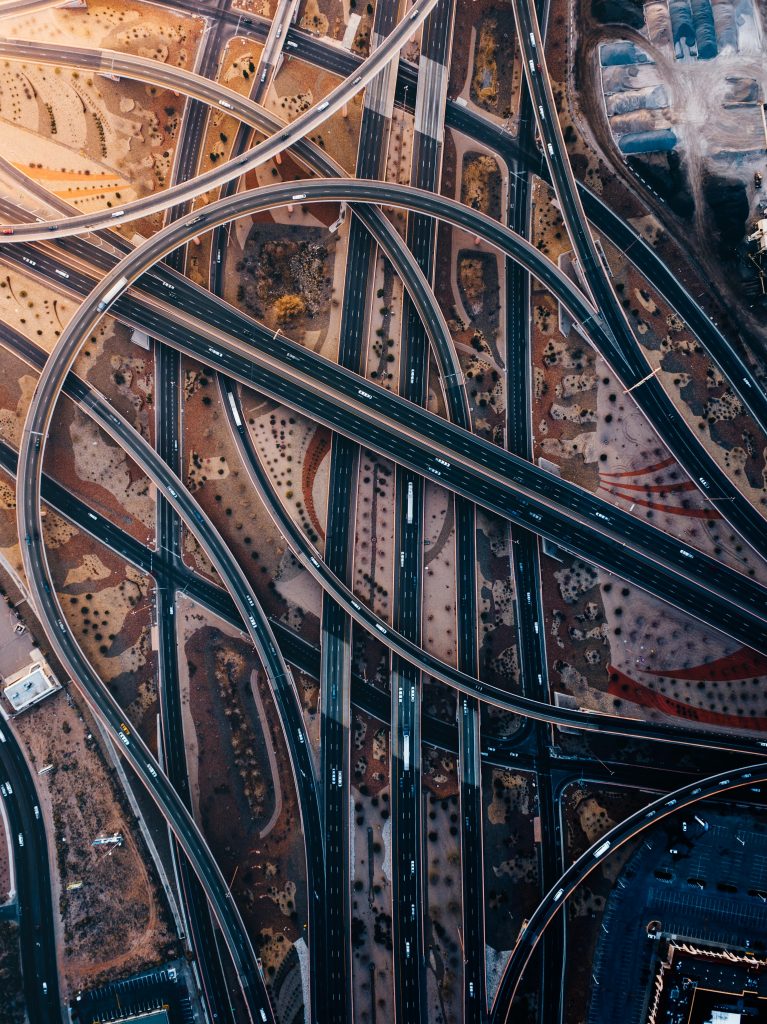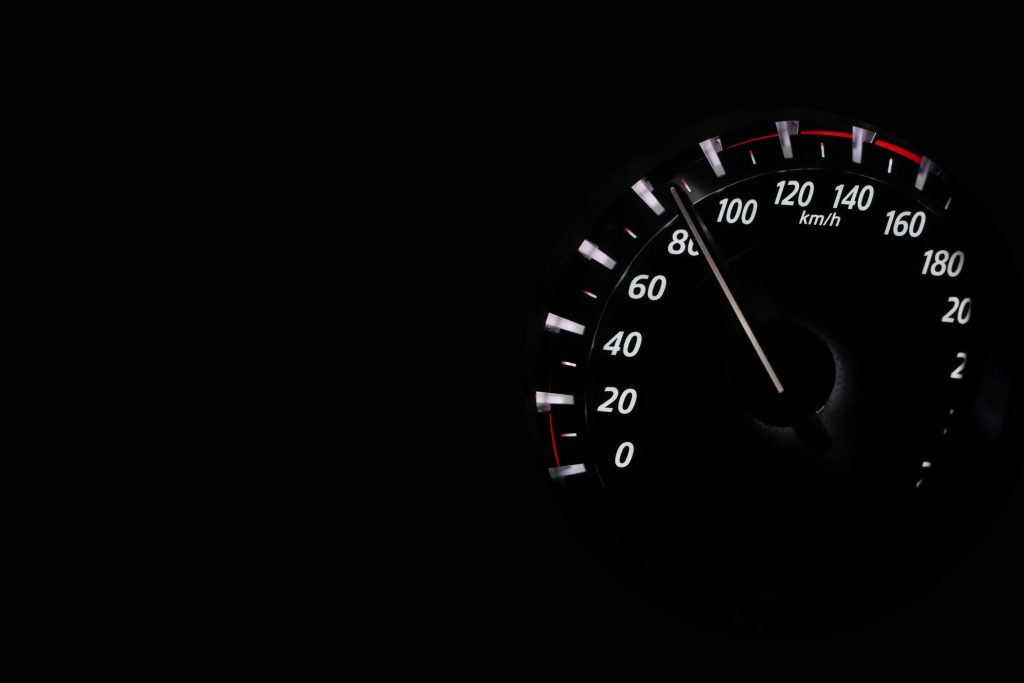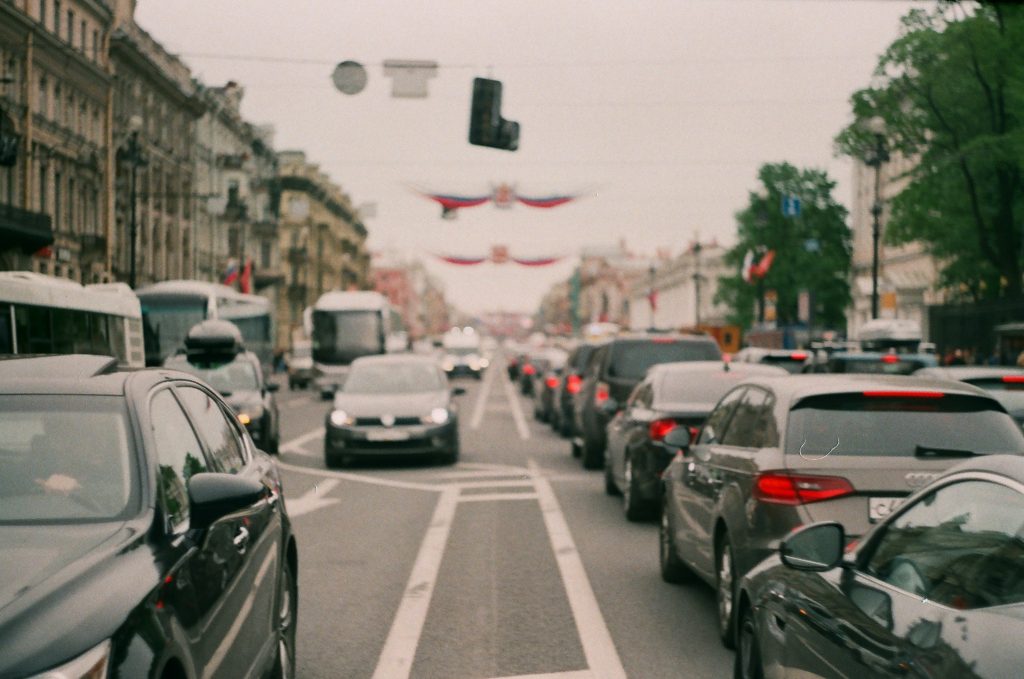
Road pricing or not? Is the reduction in the speed limit enforced between 6 a.m. and 7 p.m. And will the political parties draw the wallet for new infrastructure in the coming years? Traffic Net looked at the election programs of various political parties participating in the parliamentary elections.
Road pricing
The vast majority of these parties are more car-oriented than the parties whose programs were approved by the Environmental Assessment Agency. DENK, the Forum for Democracy, and the PVV all oppose road pricing. The first of these aims to make driving easier for motorists. The current government party, the VVD, wants emission-free vehicles to pay for road upkeep and construction based on the number of kilometers travelled, but not rush-hour charges.
Both the FvD and the VVD continue to increase their investments in new connections. PVV only mentions mobility briefly in its program, the party continues to continue to invest in good and safe roads.
Maximum speed

The parties who are against road pricing also appear to be not really in favor of limiting the speed limit between 6 a.m. and 7 p.m. VVD keeps a close eye and says that the maximum speed can be increased again if the nitrogen emissions have been reduced sufficiently. But DENK believes that the measure can be reversed immediately. A transition to sustainable mobility is necessary, but without affecting the motorist.
For the Forum for Democracy it is important not to ‘bother the car’. This means, among other things, that the lowering of the maximum speed on the motorways must be reversed. In the program, the party even speaks of a ‘maximum speed according to the German model’. This means no speed limitation at all on certain routes.
Do you need Towing Services?
That’s great ! because ‘ http://sanjosetowing.org/ ‘ is here 24/7 to help and assist you.
Reduce motorized traffic

The election program of the Party for the Animals looks very different. This party wants to reduce the amount of motorized traffic. This means that inner cities will be car-free as much as possible, that 30 kilometers per hour will become the norm in built-up areas as soon as possible and that motorists who use their cars often will pay more tax.
No money will be available for extra motorways. The PvdD wants to set traffic lights in such a way that cyclists and pedestrians get the green light sooner. The new party VOLT has also focused on the bicycle as a sustainable means of transport.
Down-to-earth view of mobility
The SGP states that a sober view of mobility is necessary. On the one hand, mobility is indispensable, but at the same time measures must be taken to slow down mobility. This is due to objectives such as quality of life, safety and clean air. This mainly requires choices in spatial policy, so that people live closer to work.
The Christian party wants to introduce kilometer pricing, because it is “one of the few instruments to actually limit congestion and discourage car use.” In addition, central government should work on additional bicycle infrastructure and a better fiscal policy for bicycles. In any case, a sufficient budget is needed in the Infrastructure Fund for investments in mobility.
